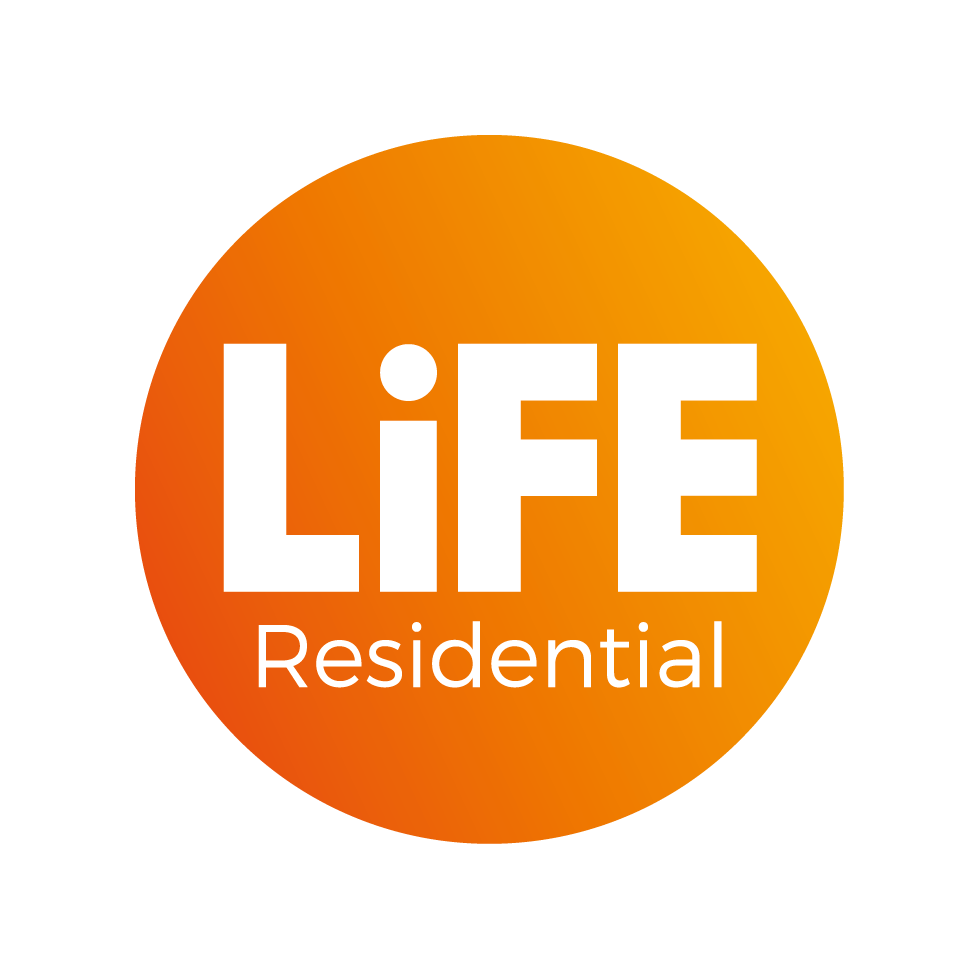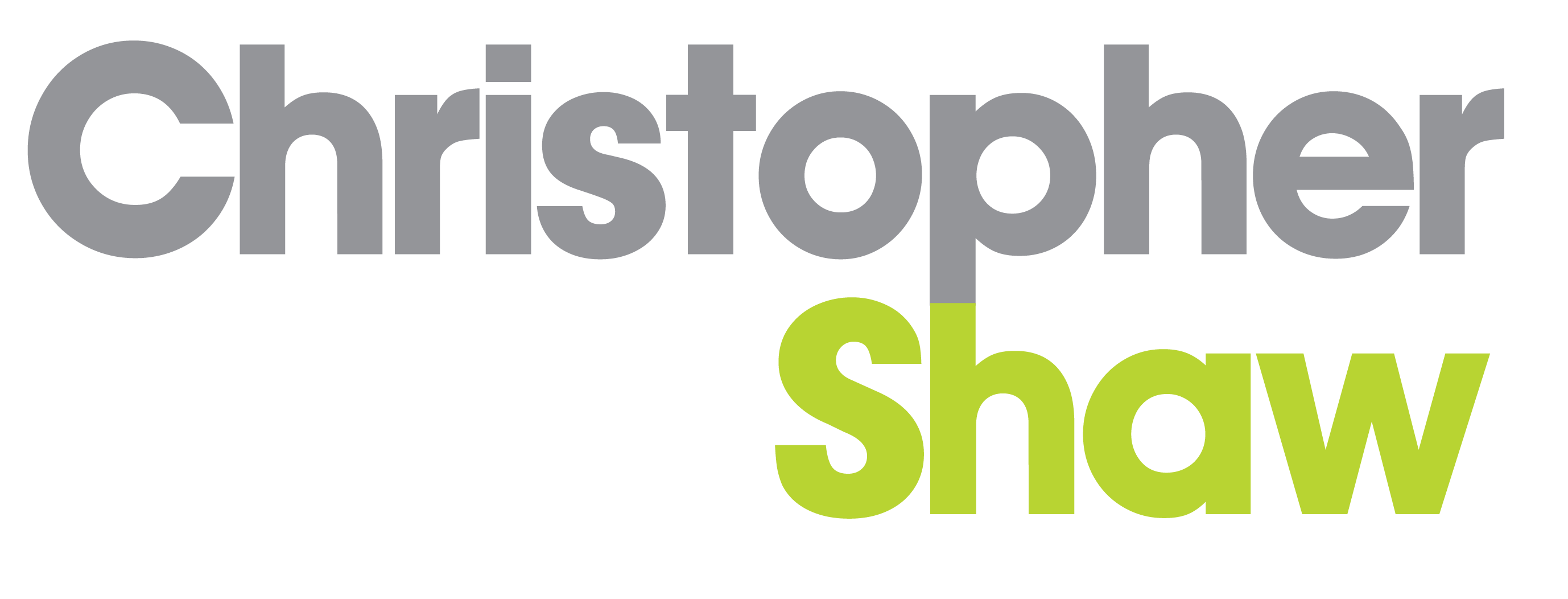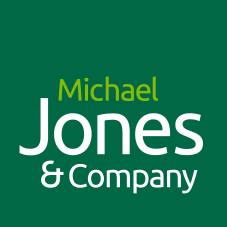Automated PEPs and sanctions checks
Letting agents are now legally required to perform sanctions checks during the tenancy process. Goodlord has created a suite of tools to make compliance easy, including Politically Exposed Persons (PEPs), Sanctions and AML checks.

Flag sensitive clients and avoid up to seven-figure fines
You must report anyone found on the sanctions list to the Office of Financial Sanctions Implementation (OFSI) and use audit trails to document compliance — otherwise, you risk fines "which will be the greater of £1M or 50% of the value of the breach". Here's how Goodlord helps you do that, without heaping more admin onto your team's plate 👇

TRUSTED BY MORE THAN 3,500+ AGENCIES UK-WIDE


.jpg)




PEPs and Sanctions checks for tenants and guarantors

Automated checks
Tenants and guarantors are automatically screened during the Goodlord referencing journey, saving you from endless back-and-forth with OFSI. We also generate a full audit trail for your records.
Bulk Back Book check
Easily screen your existing portfolio to ensure all current tenants and guarantors meet compliance requirements. Goodlord flags any issues and provides clear, auditable results, giving you confidence in every check.


Daily monitoring for 12 months
Goodlord continuously monitors tenants and guarantors for 12 months, alerting you to individuals who are added to the PEPs or Sanctions list in real time.
Landlord Anti-Money Laundering (AML) checks

Run comprehensive AML checks on all new and existing landlords. Checks include:
-
-
 Identity validation
Identity validation  PEPs and Financial Sanctions
PEPs and Financial Sanctions  Mortality and address checks
Mortality and address checks
-
 Adverse media screening
Adverse media screening
Why choose Goodlord for compliance
Protect your agency's reputation and future by complying with evolving regulations.
Our checks run automatically during referencing and landlord onboarding, so you never need to leave the platform.
Automated daily alerts notify you when you need to report new or existing landlords.
Prepare and protect your agency
Book a free walk-through today
Frequently asked questions
Sanctions are restrictions the government sets to prevent financial crime, protect national security, and uphold international obligations. They can apply to people, businesses, or even entire countries. There are several kinds of sanctions, including:
- Financial sanctions - block access to assets, restrict financial services, or stop services from being provided to specific individuals or entities
- Trade sanctions - limit the buying and selling of goods with certain countries
- Immigration sanctions - prevent named individuals from entering or staying in the UK
- Transport sanctions - control aircraft and ship movements associated with sanctioned entities
The key type to understand is financial sanctions, which freeze assets or block transactions with individuals or entities on the UK sanctions list.
If you let a property to a sanctioned person or company—even by mistake—you could face serious consequences. These include fines (up to £1 million or 50% of the transaction value, whichever is higher), criminal prosecution, and reputational damage.
In September 2024, the Office of Financial Sanctions Implementation (OFSI) fined a company in the lettings sector £15,000 for breaching UK sanctions.
You must report it to OFSI immediately. The match could be a confirmed sanctions hit or just a strong suspicion. Either way, you’re required to act straight away.
Landlords must apply for a licence from OFSI to get permission. Until this happens, for:
- New tenancies - you must stop the transaction until OFSI reaches a decision
- Existing tenancies - you must stop accepting rental payments while you also can’t evict tenants until OFSI reaches a decision or gives you specific guidance
You should keep records of all checks:
- Throughout the tenancy
- A period after the tenancy ends, in line with your internal data retention policies
Without a record, it’s as if the check never happened.
We continuously monitor tenants and guarantors against global Politically Exposed Persons (PEPs) and Sanctions lists for 12 months from the date of the original check.
You’ll receive a real-time notification alerting you to the change. Goodlord provides a clear, auditable report to help you assess and take any necessary next steps.
Not necessarily. Goodlord flags any matches and provides guidance, but it's up to you to assess the risk and decide on further action based on your compliance procedures.
Daily monitoring is included as part of the PEPs and Sanctions checks feature—there’s no additional fee.
Goodlord uses trusted global data sources and screening technology to deliver accurate, real-time alerts, and a clear audit trail for every check.






